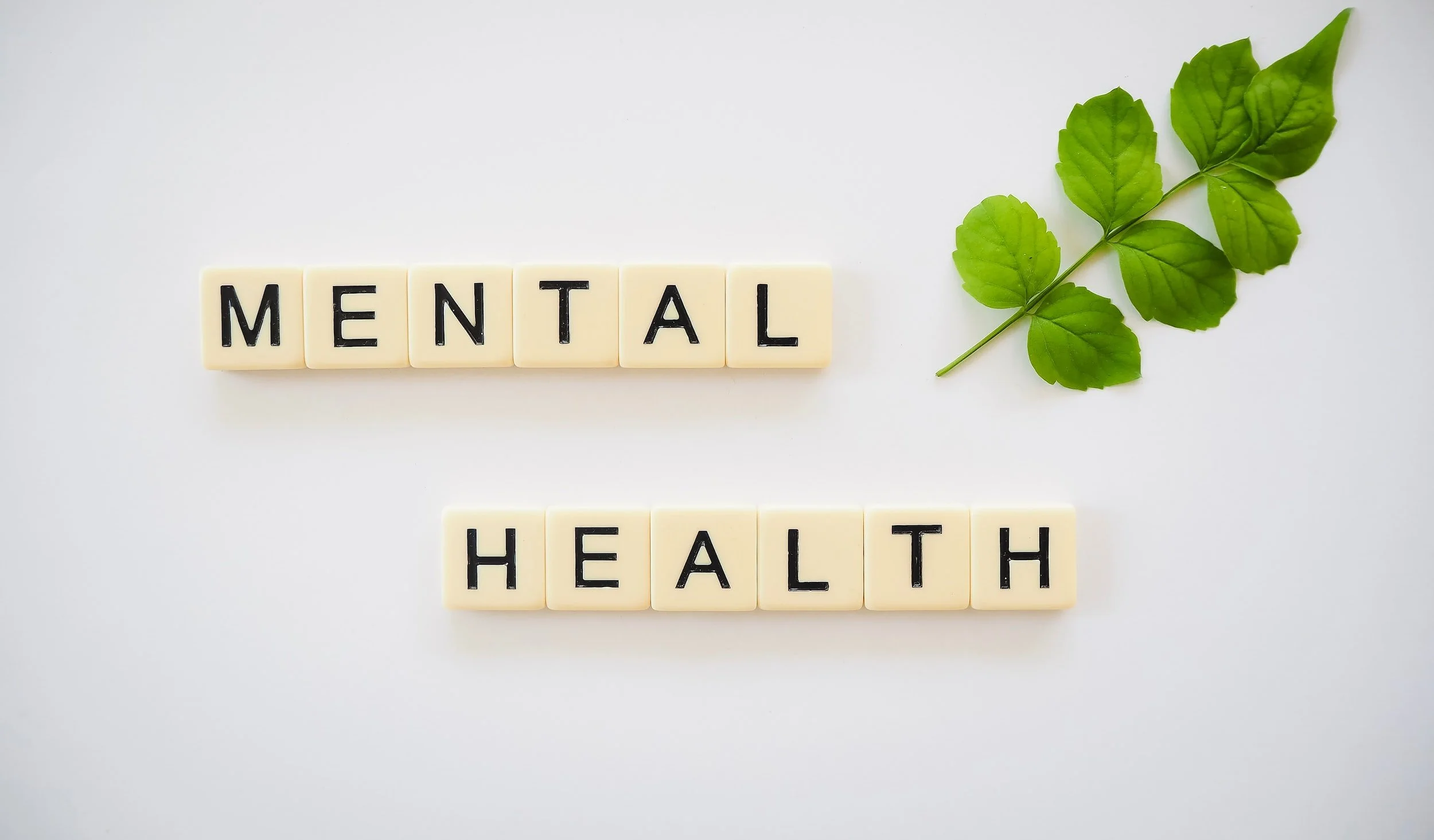
Therapy dogs
Meet my support team
I know first hand that when we experience trauma, we disconnect from the pain to survive.
So, connection is compromised, and a part of the healing process is to relearn how to trust ourselves and others, to form healthy attachments. Animals have a way of seeing beyond the suffering and breaking down the armour to experience unconditional love.
What to do if you don’t like dogs?
Let me know when you make the appointment, and we can discuss whether I’m the right therapist for you. If I am, then I have colleagues who would happily hang out with the pooches during your session.
Overall, support animals, also knows as emotional support animals (WSAs) can be a valuable addition to traditional therapy methods and can provide a range of benefits for people of all ages and backgrounds.
It is important to note that support animals are different from service animals, which are specifically trained to perform tasks for people with disabilities.
Benefits of support animals
-

Reduce Anxiety & Stress
Support animals can help to reduce anxiety and stress levels by providing emotional comfort and support. The act of petting or snuggling with a support animal can release oxytocin, a hormone that can help to lower stress levels.
-

Improving Mental Health
Support animals can be beneficial for people with mental health conditions such as depression, anxiety, and post-traumatic stress disorder. Having a support animal can provide a sense of companionship, emotional support, and security.
-

Increase Socialisation
Support animals can help people to socialize by providing a conversation starter and a shared interest with others. This can be especially beneficial for people who struggle with social interaction.
-

Provide a Sense of Purpose
Support animals can give their owners a sense of purpose and responsibility, which can be especially beneficial for people who are feeling lonely or disconnected.
-

Improving Physical Health
Support animals can provide physical health benefits such as lowering blood pressure, reducing the risk of heart disease, and improving overall health and well-being.

